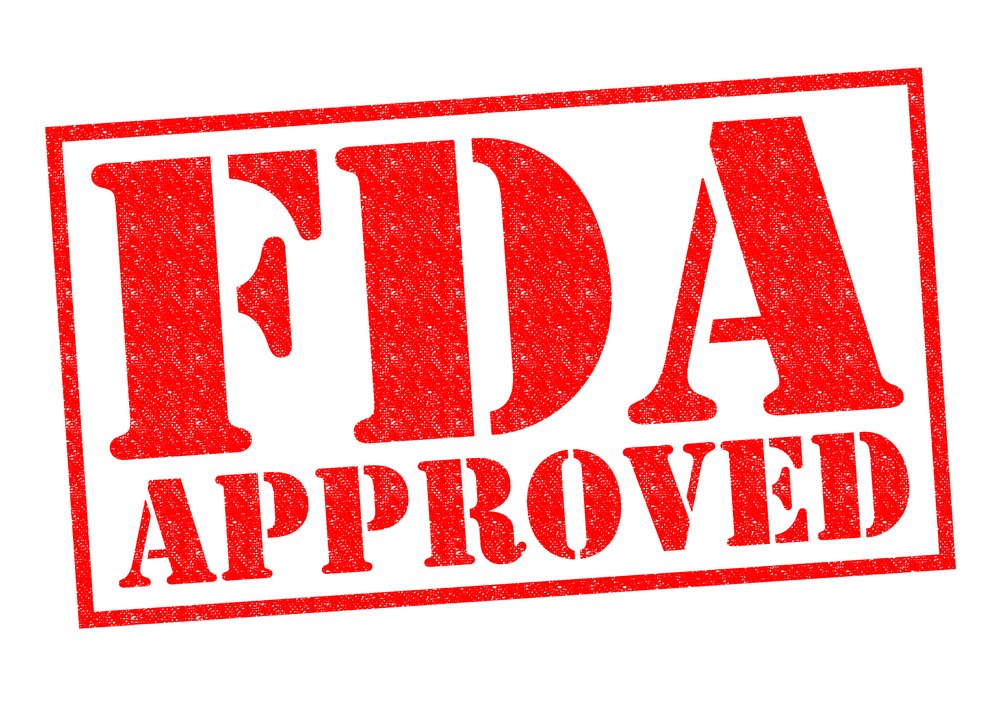FDA Approves First Treatment for Batten Disease Type CLN2
Written by |

Patients with a specific type of Batten disease now have an approved treatment, with the U.S. Food and Drug Administration’s (FDA) recent approval of Brineura (cerliponase alfa) for use in late infantile neuronal ceroid lipofuscinosis type 2 (CLN2).
Brineura is an enzyme replacement therapy, providing CLN2 patients with a lab-produced version of TPP1 — the enzyme deficient in patients with the condition.
“The FDA is committed to approving new and innovative therapies for patients with rare diseases, particularly where there are no approved treatment options,” Julie Beitz, MD, director of the Office of Drug Evaluation III in the FDA’s Center for Drug Evaluation and Research, said in a press release.
“Approving the first drug for the treatment of this form of Batten disease is an important advance for patients suffering with this condition.”
CLN2 is, like other types of Batten disease, caused by genetic mutations that prevent cells from effectively breaking down waste, commonly known as lysosomal storage disorders. Children with CLN2 typically develop symptoms between ages 2 and 4. Brineura is approved for the treatment of children age 3 and older.
Since this form of the disease mainly affects the brain, Brineura is given as an infusion into the cerebrospinal fluid. The drug is delivered via a surgically implanted catheter in the head. The infusion must be administered under sterile conditions to avoid a potentially devastating infection. Infusions should be given by healthcare staff who have expertise in this type of procedure.
Patients on the treatment are recommended to have a 300 mg infusion every two weeks, and the administration of Brineura should be followed by an electrolyte infusion. The entire procedure lasts about 4.5 hours.
The FDA approval also recommends pre-treatment of patients with antihistamines, possibly in combination with fever-reducing drugs or corticosteroids 30 to 60 minutes before the start of the infusion.
The approval was based on data from a Phase 1/2 trial (NCT01907087) of CLN2 in 24 patients, ages 3 to 8, who all had movement or language symptoms. The study did not include a control group. Instead, results of the treatment were compared to those of a study of the natural course of the disease. Findings indicated that Brineura slowed the loss of walking ability.
The most common adverse reactions seen in the trial were fever, heart-rate abnormalities, hypersensitivity reactions, decreases or increases in CSF protein, vomiting, seizures, hematomas (abnormal collection of blood outside of a blood vessel), headaches, irritability, increased numbers of white blood cells in the cerebrospinal fluid (pleocytosis), infections in the catheter, feeling jittery and low blood pressure.
Children included in the first trial are now being followed in an extension study (NCT02485899). The estimated date for final data collection is December 2021.
The potential side effects make it necessary to monitor patients with a history of heart problems using electrocardiography during infusions. Other patients should, however, also be monitored closely before, during and after infusions.
Since CLN2 also affects younger children, the FDA will require Brineura’s developer, BioMarin Pharmaceutical, to perform safety studies on children younger than 2.




